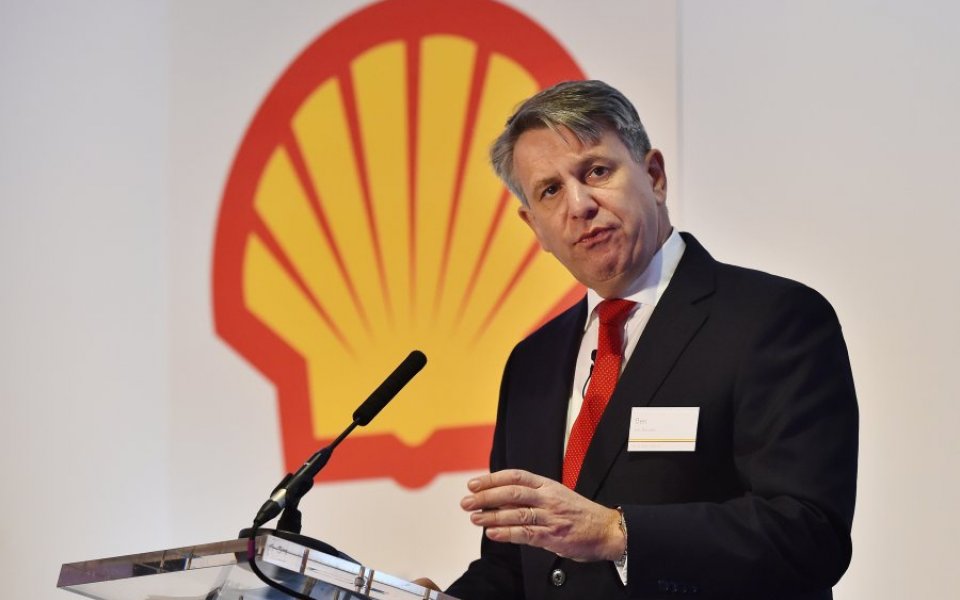The Big Long: Will the Shell-BG deal pay off?

The Big Short landed in UK cinemas this weekend. The film adaptation of Michael Lewis’s best-selling novel tells the story of Wall Street outsiders who made a fortune predicting the sub-prime mortgage crisis and subsequent financial crash. If you watch the film, and you’re not too busy deciding whether it’s Ryan Gosling, Brad Pitt or Christian Bale you wish you were sharing your popcorn with (don’t worry boys, you get Margot Robbie in a bubble bath), you’ll probably spend the two hours and 10 minutes wondering what the next Big Short might be and how you can profit. But if the volatility of the first three weeks of 2016 is anything to go by, you might be better served seeking out the next Big Long.
Royal Dutch Shell chief executive Ben van Beurden appears to be leading this charge with a near £35bn bet on BG. He is due to take the mega merger to a crucial shareholder vote on Wednesday, which is widely expected to pass, but not without some serious debate. Standard Life has led the protest against the deal, saying the combination is value destructive for shareholders due to the dramatic decline in crude prices since April when the tie-up was announced.
But Shell has come out fighting by reassuring investors that cost savings from job cuts and asset disposals, tied with the benefits of combining the groups’ liquid natural gas (LNG) trading units, make the deal an attractive long-term play. Shell has also vowed to cut investment in order to preserve its dividend. The transaction gives Shell access to much-needed reserves and is expected to dramatically reduce the Anglo-Dutch giant’s costs of production. If that’s not enough to persuade the Yes camp, Jason Gammel at Jefferies told CNBC that, if the deal gets the green light, Shell will be in an enviable cash position relative to its peers.
Shell’s staunch defence of the deal appears to be paying off. Advisory firm Institutional Shareholder Services rushed to back the bid earlier this month, helping to narrow the premium of the offer price to BG shares. Norway’s Sovereign Wealth Fund, a top investor in both energy firms, also lent its blessing. Meanwhile, BG’s full-year production report should reassure doubters, suggesting that new chief executive Helge Lund’s turnaround efforts are already paying off with stronger than expected output in Australia and Brazil. Maybe van Beurden has been taking a bet on Lund’s competency all along. Despite critics who say Shell moved prematurely, it’s possible that van Beurden worries that the longer Lund stays in play, the more attractive BG becomes to rival bidders.
Still, whether van Beurden’s long bet pays off is highly dependent on the fate of oil prices over the next decade. There are many voices on both sides of that argument and we don’t have enough room to replay it here. If you’re in the camp that believes prices are going up then the deal looks solid. Shell predicts the tie-up will be earnings accretive at an average crude price of $60 a barrel over a 20-30 year time horizon. But rather than sitting back idly and letting volatile crude markets determine Shell’s fate, van Beurden should be rewarded for the courage to act. A crisis is a terrible thing to waste.